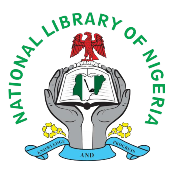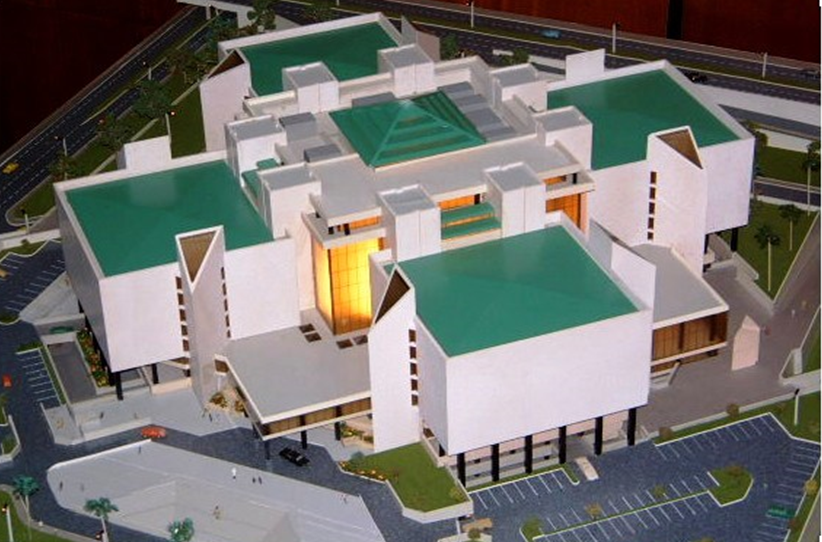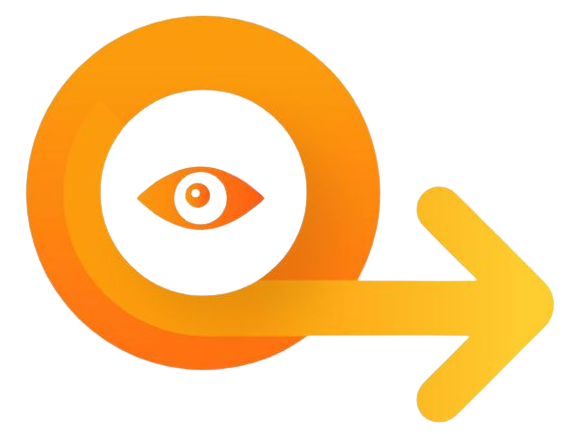History and Development of National Library of Nigeria
The history and development of the National Library of Nigeria (NLN) cannot be complete without a peep into the roles played by certain individuals and organizations, which culminated in the eventual creation of the organization. The first formal mention of a national library in Nigeria was made in 1944 in a letter dated July 3, 1948 and written by the Chairman of the Standing Committee on the Provision of Libraries to the Chief Secretary to the Government. The Committee advised the Government to establish a National Central Library in which copies of all books and papers published in Nigeria would be deposited. It would also be a copyright library which would stock the works of reference, which are required by serious students but not in sufficient demand to warrant their being placed in regional or local libraries. It would serve as a repository and distributing centre for microfilms of rare or out-of-print books in overseas libraries (White, 1964).
This idea, was strongly recommended by the UNESCO International Seminar on Public Libraries in Africa held at Ibadan, Nigeria, from 27 July to 21 August 1953. The purpose of the seminar was to study the principal public library problems in Africa and to draft proposals for the development of public library services, particularly in connexion with mass education. As one of the results of the UNESCO Seminar, the West African Library Association (WALA) was formed, with John Harris, the Librarian of University College, Ibadan, as President, and representatives from Nigeria, Gold Coast, Sierra Leone, and Liberia constituted the Executive Committee.
The 1953 UNESCO Seminar on the Development of Public Libraries in Africa, held at Ibadan, not only encouraged Dr Nnamdi Azikiwe to press for a national library for Nigeria, but also helped to crystallize the national library concept on Africa. Before the seminar was held in Nigeria, the Nigerian Council of Ministers Nigeria first representative government had rejected the national library concept, contending that all library matters should be relegated to the regional governments, and to local and private organisations. The Council was unable to see that while the regional governments would cater for the public libraries, it was the responsibility of the central government to establish a national library for the country.
On the attainment on Nigerian independence in 1960, the perception of the national library by the Council of Ministers, which had rejected it in 1952 had taken a nationalist turn. The Council, along with the Nigeria Branch of the West African Library Association, established in 1954, quickly accepted the Rogers Report, recommending the establishment of a national library. He was asked, among other things, to "consider the problem of a National Library for Nigeria". His positive recommendation for the establishment of this institution met with the usual fate imposed by limited finances in the face of several priorities. Thus, when Dr. Carl White arrived in 1962 as the first Library Adviser, he met a situation where the idea of the National Library was passed over as a luxury. However, national pride and Dr. White May Report led to the Bill (Nigeria, 1964) which established the National Library in September 1964.
At the request of the Nigerian government, the Ford Foundation sent Professor Carl White, former Dean of the School of Library Science, Columbia University, to serve as Library Advisor to the Nigerian government on setting up the National Library of Nigeria. On his arrival in Nigeria in March 1962, Dr. White was shocked to learn that there was no budgetary provision for the newly proposed library in the first post-independence National Development Plan, 1962 1968.
The immediate personal intervention of the Governor General, Dr. Azikiwe, and the Prime Minister, Sir Abubakar, saved the day. They asked Professor White to prepare a special report on his financial needs and on the objectives, scope, and structure of the library. His report, known as the May 1962 Report, was accepted by the government without delay. By the end of 1962, work on the National Library had begun in Lagos, with three American librarians and Professor White as the Federal Government Library Adviser. The National Library Act, drafted by the Adviser, was enacted in 1964, which set the library on a legal footing, and on 6 November 1964 the National Library was opened to the public.
It is intriguing to know that the National Library, whose movement dates back from the 1940s, could only be established four years after Nigerian independence, when Dr. Nnamdi Azikiwe had enough political clout as the Governor General to win the support of the Prime Minister of Nigeria, who was the executive head of the government. At every turn of events in the Library evolution, as the political influence of Dr. Azikiwe grew, the impact of his support on establishing the Library was discernable. An astute, enigmatic politician, he saw the National Library as an evergreen tree of knowledge which could, in such a complex, pluralistic society as Nigeria, contribute to building a richer and better social order, thus serving as a principal instrument in weaving the tapestry of the country multi ethnic and cultural pluralism.

 A Model of the Permanent Headquarters Building
A Model of the Permanent Headquarters Building

